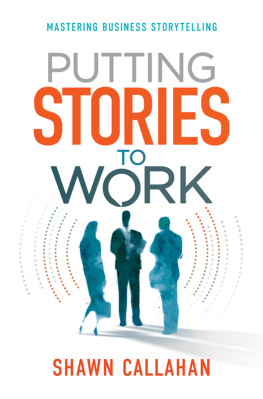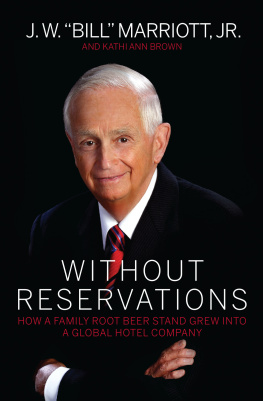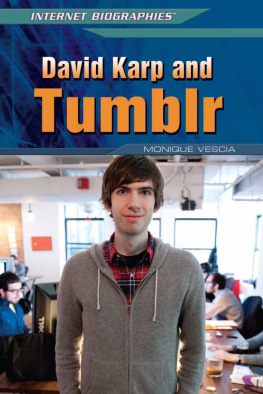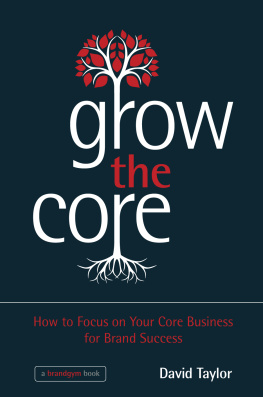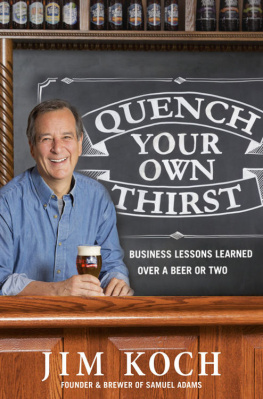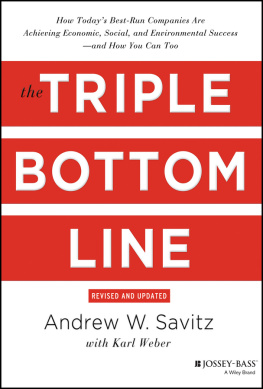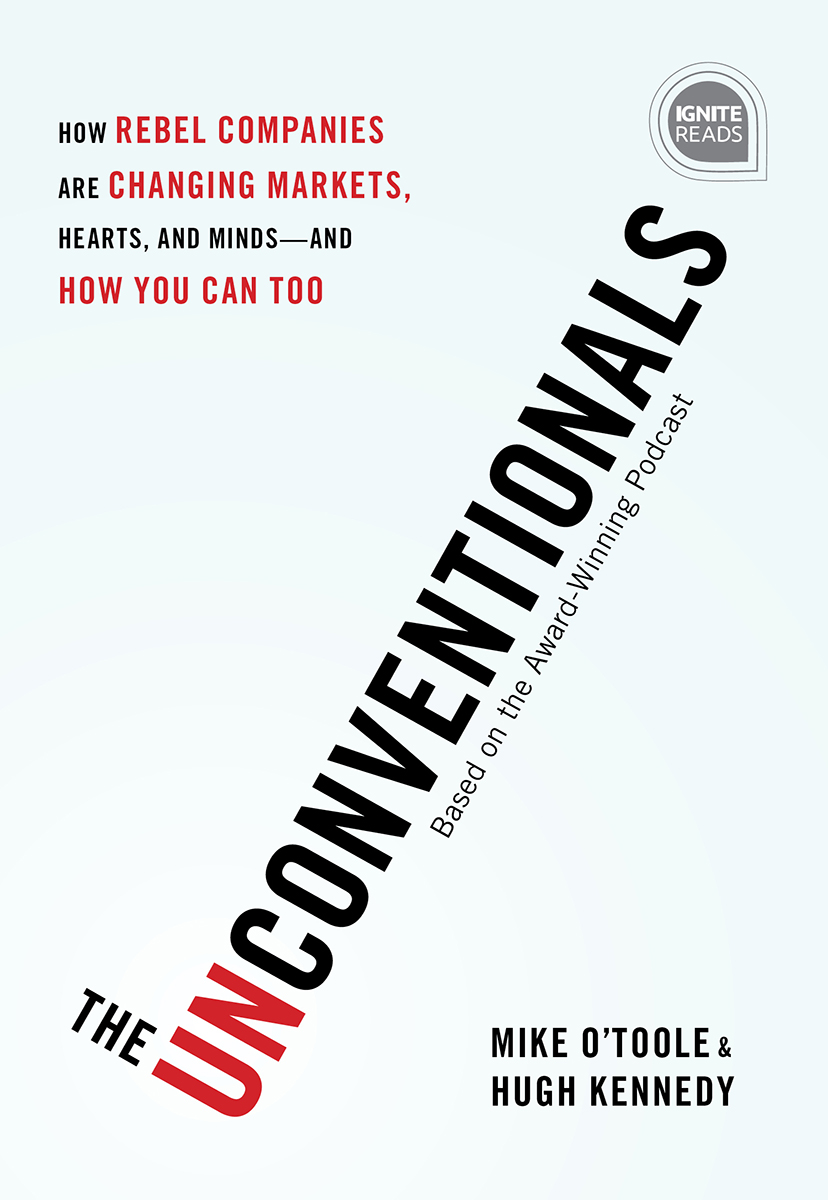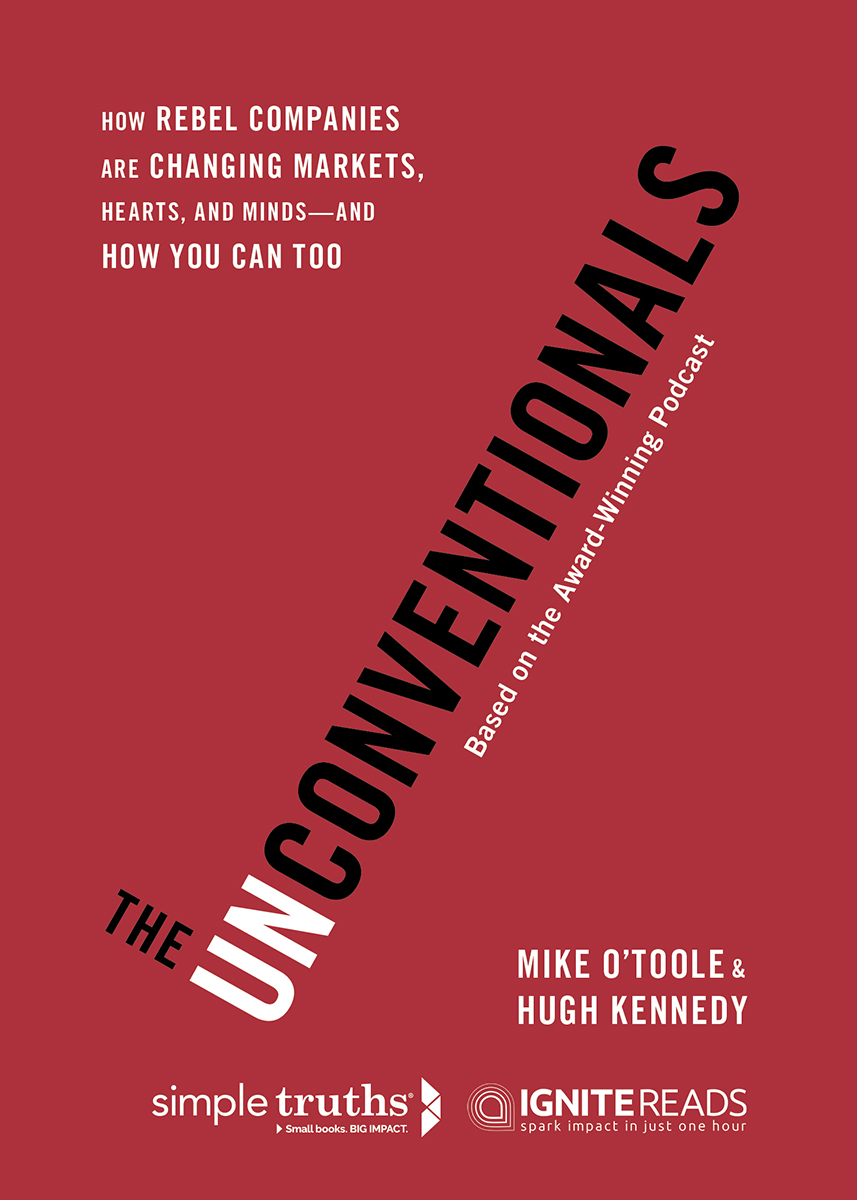Sourcebooks, the colophon, and Simple Truths are registered trademarks of Sourcebooks.
All rights reserved. No part of this book may be reproduced in any form or by any electronic or mechanical means including information storage and retrieval systemsexcept in the case of brief quotations embodied in critical articles or reviewswithout permission in writing from its publisher, Sourcebooks.
This publication is designed to provide accurate and authoritative information in regard to the subject matter covered. It is sold with the understanding that the publisher is not engaged in rendering legal, accounting, or other professional service. If legal advice or other expert assistance is required, the services of a competent professional person should be sought. From a Declaration of Principles Jointly Adopted by a Committee of the American Bar Association and a Committee of Publishers and Associations
All brand names and product names used in this book are trademarks, registered trademarks, or trade names of their respective holders. Sourcebooks is not associated with any product or vendor in this book.
P.O. Box 4410, Naperville, Illinois 60567-4410
They can say that were crazy, but if it werent crazy everybody would be doing it. Thats the same thing for all companies. When people say, Its a bad idea, thats when you know that you should probably do it.
Foreword by David Rogers
Do brands still matter in the digital age?
Its a puzzling question. But Ive been asked it more than a few times as I advise business leaders or as I teach senior executives at Columbia Business School about strategy and leadership in the digital age.
It seems obvious to me that brands still matter. Many of the most admired businesses of the digital erafrom Zappos to Apple, from Waze to Warby Parkerhave clearly built amazing brands that resonate with customers and earn their trust and loyalty.
What I think is really driving this question is that the traditional means of building a brand are becoming increasingly irrelevant. You know: add a novel feature or two (call it your unique selling proposition), capture it in a catchy slogan, script a simple story or metaphor, and pay to transmit a consistent message (brand positioning) to a targeted demographic audience.
This kind of narrow, unidirectional approach to building brands is simply less and less effective. In a world of networked customers, your potential buyers are constantly connected to information from every digital tool (search, social, reviews, and more) to learn, discover, and make up their own independent minds. Meanwhile, your competitors are using the same data as you (if not better) to reach the same customers, at the very moments of maximum interest and intention, to offer their own version of the same message. Why would your pitch win?
But all hope is not lost. More and more businesses are finding a different path to win the hearts, minds, and trust of customers.
This path doesnt start with another creative ad campaign. Instead, it starts with building a different kind of business, and it drives growth by building a very different kind of relationship with customers. This path may seem unconventional, but its the path being chosen by more and more successful companies today, across all different industries.
Mike OToole and Hugh Kennedy have been delving into the world of such unconventional companies for over six years now, researching case studies, interviewing company founders, executives, and employees, and digging into their stories to find out what makes them such magnets for devoted customers, employees, and fans.
Ive had the pleasure to join Mike and Hugh in several episodes of their podcast series, as well as onstage at Columbia Business Schools BRITE conference, which I founded over a decade ago, and in ongoing conversations about why and how these unconventional businesses create more value both for customers and their own firms.
What I have learned is that todays most dynamic new businesses do two things really well: First, they reinvent their category, whether in terms of the customer experience, the business model, or both. (Digital technologies are creating more opportunities for this reinvention every day.)
Second, these companies articulate an animating mission or purposefirst for their own employees, but then to their external customers as well.
When both of these things happen, they spark and feed a third phenomenon.
These companies have a different kind of connection with their customers. These customers dont just buy products: they act as ambassadors, advocating for a brand and defending it against criticism; they serve as sounding boards, bringing the customer point-of-view inside the business; and they volunteer as collaborators, helping to improve and innovate the next step in the business.
What Mike and Hugh have done here is dig deeply into these three ideascategory reinvention, animating purpose, and customer collaborationby exploring the stories of an extremely wide-ranging set of businesses that each illustrate this unconventional path to building a great business with, and not just for, their customers.
In the digital age, where every industry is open to transformation, where customers are more connected and empowered than ever before, and where employees and customers alike are looking to engage with brands around shared values and vision, this unconventional path just may become the new normal.
I know it is already the path of todays most promising businesses. I hope it is the path for your business as well!
David L. Rogers
Bestselling author, The Digital Transformation Playbook
Faculty director, Digital Business Strategy and Digital Business Leadership
Columbia Business School
www.davidrogers.biz
Introduction
What Are Unconventionals Anyway?
Where do you look for business wisdom today?
Consider this story, from a wide-ranging conversation we had with Warby Parker CEO Neil Blumenthal:
So I started to design glasses according to the needs and wants of the communities where we were working. Lo and behold, in the same factories where I was manufacturing glasses for people living on less than four dollars a day, I would see on the production line next door Marc Jacobs glasses coming off the line and all these major fashion labels. And you discover that theres a disconnect between what it costs to manufacture glasses and what theyre being sold for [Warby Parker] was about how are we going to transform this industry thats been ripping people off for decades?
What makes Warby Parker worth paying attention to? Selling glasses at a lower cost is a small story. A company that people will gladly tell their friends about and a product that people are proud to wear can be a one-hundred-year story. We expect more from companies these days. We want meaning in our work as employees, and we want a story we can believe in as consumers. Warby Parker delivers both by upending conventional business wisdom across the board. Warby Parker questioned core category assumptions. They also measured return and impact differently and reinvented relationships with their employees. In short, they had an agenda to change an outmoded market. In the process, they are blazing a path to a better way of doing business that provides meaningmeaning that attracts customers, employees, and leaders.



